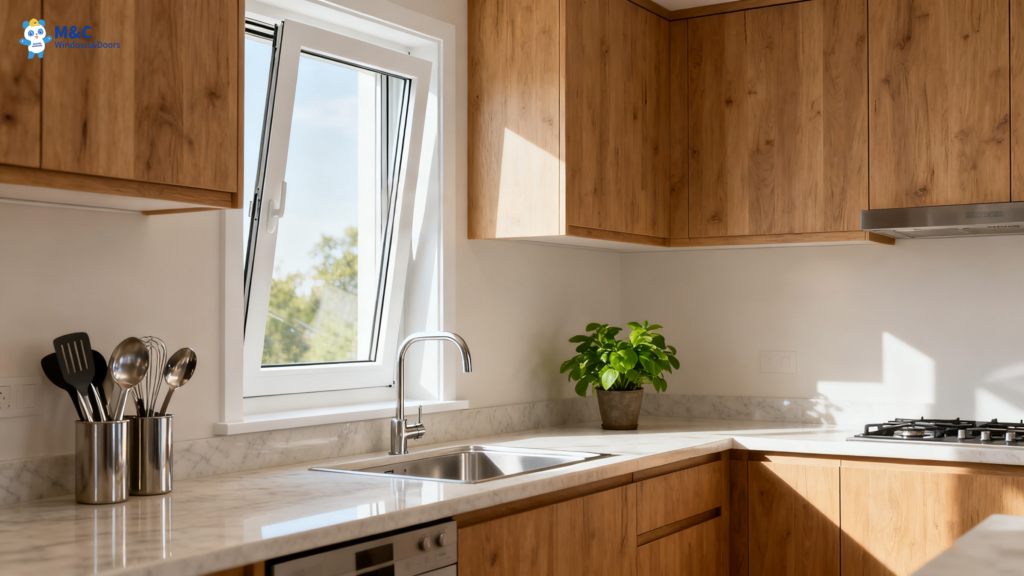In modern homes and high-end apartments, doors and windows are not only architectural focal points but also essential for comfort, safety, and energy efficiency. With strict standards in Australia and New Zealand, AS2047 and NZS4211 certifications have become key indicators of quality. Against this backdrop, choosing between sliding doors and swing doors is a common question for homeowners and developers.
1. Advantages and Applications of Sliding Doors
Sliding doors are known for their smooth tracks and space-saving design, ideal for balconies, patios, or indoor-outdoor transitional spaces. Certified under AS2047 and NZS4211, these doors meet the following performance requirements:
Air and Water Tightness: Multi-layer seals ensure tight closure, preventing water infiltration.
Wind Pressure Resistance: High-strength aluminum and structural design withstand coastal or high-rise wind pressures.
Minimalist Aesthetics: Slim frames maximize glass area, offering expansive views and abundant daylight.
Space Efficiency: Sliding action saves indoor clearance, ideal for compact layouts.
Sliding doors are commonly used in sunrooms, sea-view terraces, and spaces requiring seamless indoor-outdoor connections. Their high transparency and modern design make them the preferred choice for premium residential projects in Australia and New Zealand.
2. Advantages and Applications of Swing Doors
Swing doors are valued for robust structure and high security, suitable for interior doors, private balconies, or entryways. Certified swing door systems also excel in performance and safety:
Structural Stability: Durable hinges and frame designs ensure long-term reliability.
Operational Safety: Smooth opening and closing with anti-pinch features reduce accidents.
Sound and Thermal Insulation: Seals provide excellent acoustic and thermal performance.
Suitable for Large Openings or Frequent Use: Ideal for wide panels or high-traffic entrances.
Swing doors are perfect for secure, private, or high-traffic areas, making them common in standalone houses and luxury villas.
3. How to Choose the Right Door
Choosing between sliding and swing doors depends on space layout, usage habits, and climate conditions:
Space Size: Sliding doors save clearance; swing doors suit wide or private spaces.
Lighting and Views: Sliding doors offer large glass areas and panoramic views.
Safety and Privacy: Swing doors provide stronger security for entryways.
Wind Pressure and Climate: In coastal or windy regions, doors certified under AS2047/NZS4211 are essential.
4. M&C Windows & Door: Certified Expertise and Local Support
As a factory-direct supplier, M&C Windows & Door provides doors and windows certified under AS2047 and NZS4211. From manufacturing in China to local measurement, installation, and after-sales services in Australia and New Zealand, every door meets aesthetics, performance, and compliance requirements.
Whether it’s sliding doors for sunrooms in Sydney’s coastal villas or secure swing doors for Auckland’s standalone homes, M&C Windows & Door delivers tailored solutions that combine beauty with reliability.
✅ M&C Windows & Door
AS2047 Certified · NZS4211 Certified
Factory Direct from China · Local Installation in Australia & New Zealand
— Providing tailored door and window systems for premium residential and commercial projects

